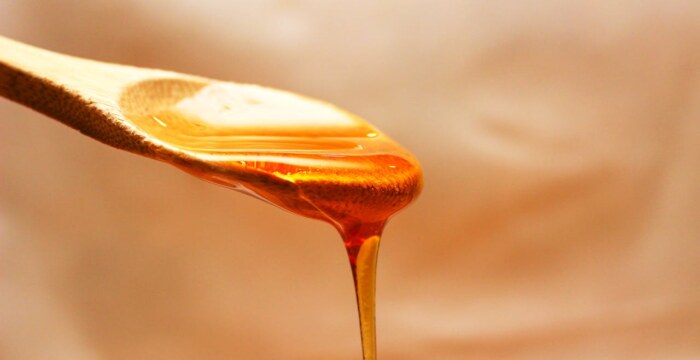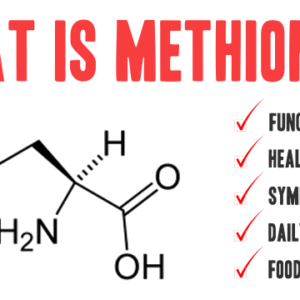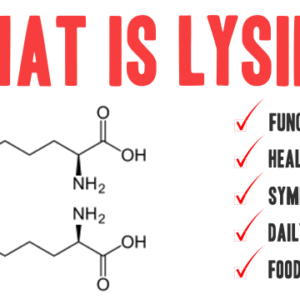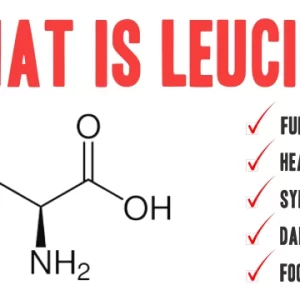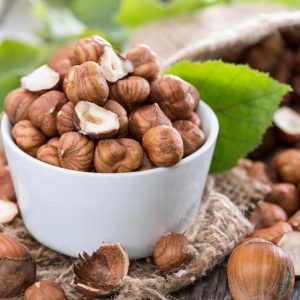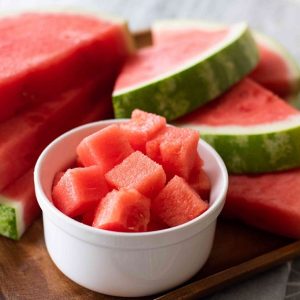What Is Fructose?
Fructose is a monosaccharide, or simple sugar, that naturally occurs in many fruits, vegetables, and honey. It is structurally similar to glucose, another simple sugar, but is metabolized differently in the body. Unlike glucose, which is absorbed by many cells throughout the body, fructose is almost exclusively processed in the liver.
Naturally occurring fructose is found in:
- Apples, pears, mangoes, and grapes
- Watermelon and other melons
- Honey and agave nectar
- Root vegetables such as carrots and beets
Fructose is also present in processed forms as part of high-fructose corn syrup (HFCS), a common sweetener used in soft drinks, baked goods, and processed snacks. HFCS typically contains a mixture of fructose and glucose.
Is Fructose Harmful?
The effects of fructose on health depend heavily on the source and amount consumed.
Fructose from whole foods like fruits and vegetables is generally considered safe and even beneficial due to the presence of fiber, vitamins, antioxidants, and water. These components slow down sugar absorption and provide additional health benefits.
In contrast, excessive intake of added fructose, particularly from sweetened beverages and processed foods, has been linked to several metabolic and health concerns, including:
- Increased risk of non-alcoholic fatty liver disease (NAFLD)
- Elevated blood triglycerides
- Insulin resistance and type 2 diabetes
- Visceral fat accumulation and obesity
- Metabolic syndrome
Fructose is metabolized in the liver, where it is converted to glucose or stored as fat. When consumed in large amounts, this process can strain liver function and contribute to fat buildup.
What Is Fructose Intolerance?
Fructose intolerance refers to the body’s inability to properly absorb or metabolize fructose. There are two main types:
1. Hereditary Fructose Intolerance (HFI): This rare genetic disorder is caused by a deficiency in the enzyme aldolase B, which is required to metabolize fructose. Symptoms appear in infancy when fructose is introduced into the diet. Ingesting fructose can lead to severe reactions such as vomiting, hypoglycemia, liver failure, and even death if not managed. Individuals with HFI must strictly avoid all sources of fructose, including sucrose and sorbitol.
2. Fructose Malabsorption (Dietary Fructose Intolerance): This more common condition results from impaired absorption of fructose in the small intestine. It can lead to gastrointestinal symptoms such as bloating, gas, abdominal pain, and diarrhea. Management typically involves limiting or avoiding high-fructose foods and following a low-FODMAP diet under the guidance of a dietitian.
What Is the Daily Fructose Amount to Consume?
There is no official Recommended Dietary Allowance (RDA) for fructose. However, health organizations have issued guidelines to limit total free sugar intake, which includes fructose:
- The World Health Organization (WHO) recommends keeping free sugars to less than 10% of total daily energy intake, with further benefits seen below 5%.
- For an average adult consuming 2,000 kcal per day, this equates to approximately 25 to 50 grams of added sugar per day.
- Fructose intake from natural sources like fruit is generally not restricted unless there is an intolerance.
To minimize health risks:
- Limit intake of sugar-sweetened beverages, candies, sweetened yogurts, and processed snacks
- Choose whole fruits over fruit juices or dried fruits
- Check labels for ingredients such as high-fructose corn syrup, fructose, and fruit juice concentrate
Frequently Asked Questions About Fructose
Does fructose contribute to weight gain?
Fructose itself is not inherently fattening, but excessive consumption of added fructose—especially in liquid form—can increase overall calorie intake and promote fat storage, particularly in the liver and abdomen.
Is fruit sugar (fructose from fruit) unhealthy?
Fructose from whole fruits is not considered harmful in typical dietary amounts. Fruits contain fiber and essential nutrients that help regulate blood sugar and satiety.
Can people with diabetes eat fructose?
Fructose has a low glycemic index, but when consumed in high amounts, it can negatively affect blood lipids and insulin sensitivity. Diabetics should monitor total carbohydrate and sugar intake and focus on whole food sources.
Is fructose better than glucose or sucrose?
Each sugar has different metabolic effects. Glucose is used by all cells and directly affects blood sugar levels. Fructose does not spike blood sugar but is processed in the liver and can increase fat production if overconsumed. Sucrose (table sugar) contains both glucose and fructose.
How is fructose different from glucose?
Fructose and glucose are both simple sugars, but they are metabolized differently. Glucose can be used immediately by nearly every cell, while fructose must be converted in the liver. This difference contributes to fructose’s potential to raise triglycerides and fat production when consumed in excess.
Conclusion
Fructose is a naturally occurring sugar that plays a role in a balanced diet when consumed through whole foods. However, excessive intake of added fructose from processed foods and beverages is associated with a range of health concerns, particularly related to liver function and metabolic health. Being mindful of your sugar sources and understanding how your body processes different types of sugar can help support long-term health and prevent chronic diseases.
Consult a healthcare provider or dietitian if you experience digestive issues or suspect fructose intolerance.

